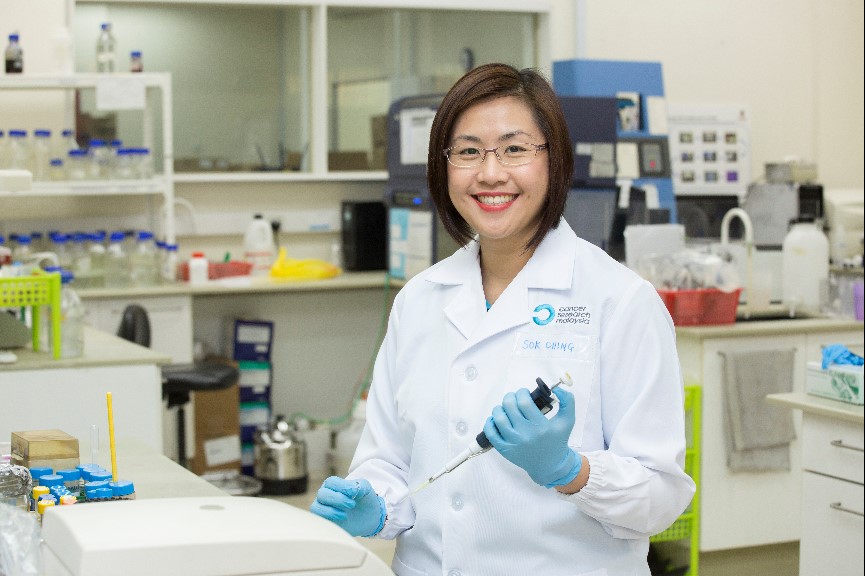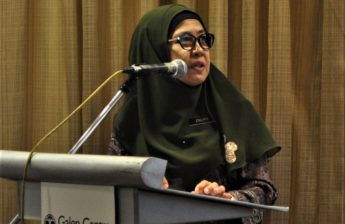KUALA LUMPUR, Nov 23 – Cancer Research Malaysia has used gene editing technology in a study to identify genes that cause oral cancer growth, paving the way for targeted treatment.
The local cancer research organisation said 833,000 individuals are expected to be affected by head and neck cancers worldwide, with Asians likely to make up 80 per cent of all fatalities.
Cancer Research Malaysia said its scientists recently completed a study to search for genetic vulnerabilities in head and neck cancers. The team utilised CRISPR/Cas9, a Nobel Prize-winning genetic scissors, which helped them identify genes that can be targeted to kill tumour cells.
The study was conducted on a unique collection of oral cancer cell lines, the majority of which came from Malaysian oral cancer patients.
“Using this technology, we were able to sift through tens of thousands of genes to identify the handful that cause oral cancer cells to grow. These handful of genes are now the top list for the development of targeted treatment – treatment that kills cancer cells while sparing normal healthy cells.
“Cancer Research Malaysia is the first organisation to use cutting edge CRISPR/Cas9 gene editing technology for oral cancer, ensuring that the fight against cancers doesn’t miss cancers that are common in Asians,” said Professor Dr Cheong Sok Ching, Senior Group Leader of the Head and Neck Cancer Research Team at Cancer Research Malaysia.
Cancer Research Malaysia’s chief scientific officer Dr Teo Soo Hwang said oral cancer is more common in Asia and is the most common cause of cancer-related deaths in men in India.
“As we move into an era of precision medicine, we have reached a turning point where we can now use powerful technologies to develop more effective cancer therapies. I am delighted that through our collaboration with the Wellcome Sanger Institute in Cambridge, we have successfully leveraged cutting-edge technologies on a condition like oral cancer which is more common among Asians.”
Recently published in the eLife journal, the study was done in collaboration with experts from the Wellcome Sanger Institute, Professor Mathew Garnett and previously Dr Ultan McDermott.
Professor Garnett, who co-led the study, said: “With this gene editing technology, we were able to dissect the function of cancer genes. Next, the team will leverage on these findings to conduct high-throughput testing of hundreds of anti-cancer drugs.
“We are delighted that through the collaboration with Cancer Research Malaysia and the Wellcome Sanger Institute, we may be able to amplify treatment options for oral cancer, especially for Asians where most cases are diagnosed.”
The study is critical for improving oral cancer survival here in Asia, as the majority of deaths due to oral cancer occurs in this region. It was made possible thanks to the support of research grants and charitable funding from the Newton-Ungku Omar Fund, Medical Research Council UK, Academy of Sciences Malaysia, Yayasan Sime Darby, and Yayasan Petronas.








